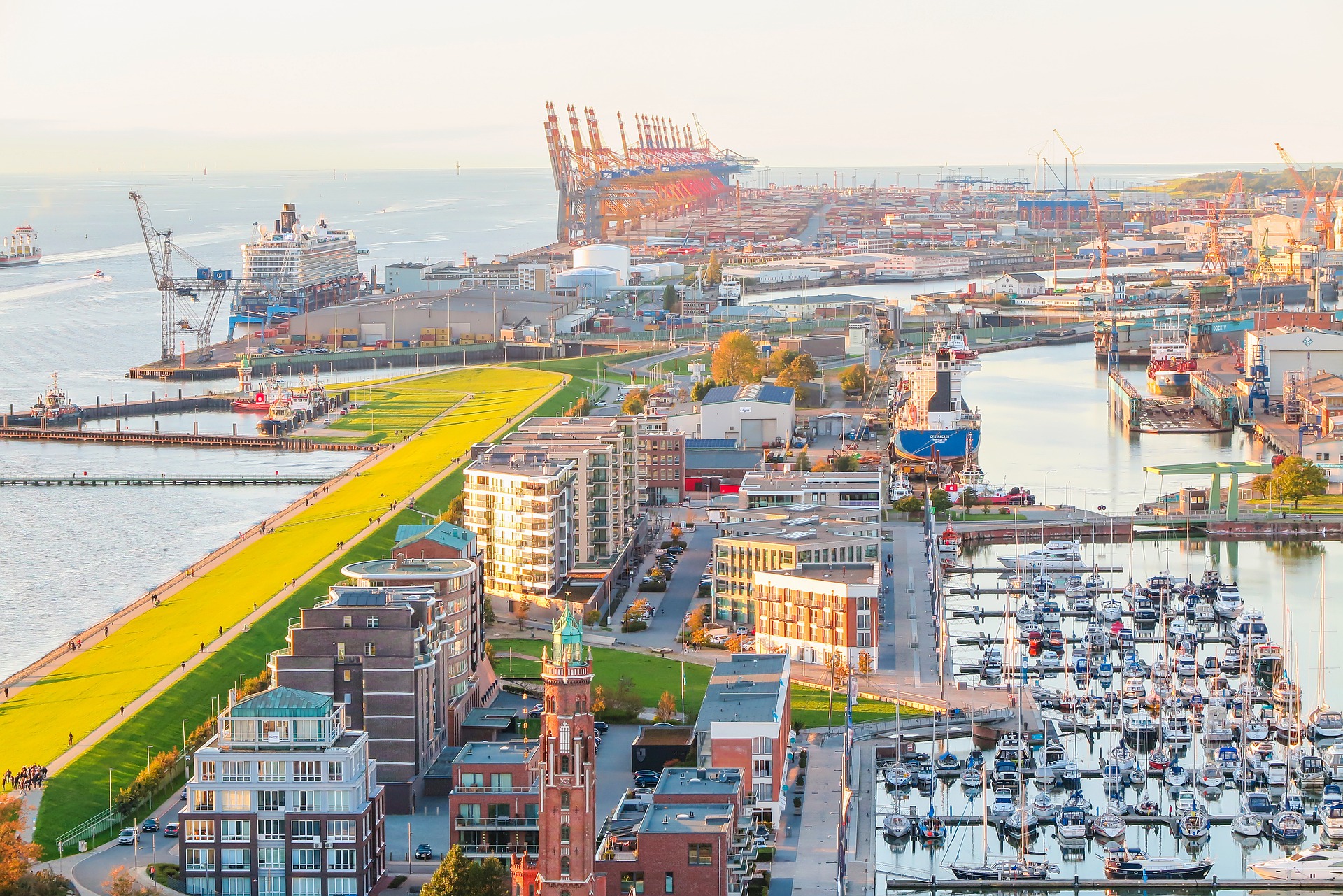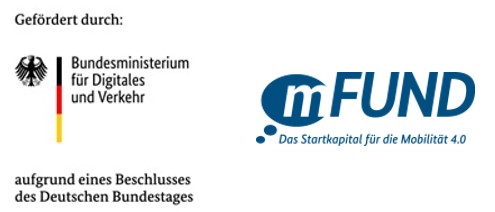Successful completion of the MaritIEm project under the leadership of ISL
The increase in traffic volumes in port cities is significantly worsening air quality, as the emission of air pollutants has both ecological and health effects locally. The central focus of MaritIEm was to evaluate the effectiveness of various measures to reduce emissions and thus pollution in port cities. Bremen and Bremerhaven were selected as model cities for the project.
After more than three years of intensive research, the results are now available. As part of the project, a data-supported model was developed which, by analysing traffic movements in the seaport, enabled relevant measures to be identified and their effects on pollution and climate impact to be presented. This included the movements of ships, handling areas at terminals and hinterland connections by road, rail and waterway. The resulting emissions of air pollutants and greenhouse gases were determined over the course of a year. Based on this, the dispersion of emissions (immissions) in the port and urban area was modelled in order to show the spatially differentiated contribution of port-related emissions to air pollution. Taking this emissions balance into account, three emission-reducing scenarios were selected, analysed and evaluated:
- Shore power systems for seagoing vessels
- Electrification of cargo handling equipment
- Use of electrified lorry transport for short-distance transport.
The aim is to implement the model in other ports in the future in order to provide port authorities and local decision-makers with a reliable basis for investment decisions to reduce emissions.
The visualisation clip, which was created as part of the project, illustrates and explains the project results.


Funding notice
The project MaritIEm is part of the mFUND research initiative of the Federal Ministry of Transport and Digital Infrastructure BMVI.


